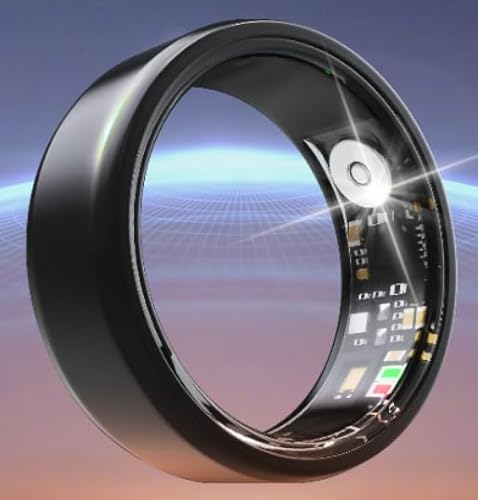debster913
Well-known member
Hi, all--
At the urging of the surgeon's office, I went in for an angiogram today. Whereas last week my cardio saw severe mitral regurgitation on my echo, today he saw moderate regurgitation. He seems perplexed by my symptoms of tiredness and shortness of breath, because, according to my cardio, I shouldn't be having these symptoms with moderate regurg. Last week he was seriously talking valve repair and referred me to the surgeon, but today it seems that he's taking it back. He does not want me to have surgery, but he wants to do another TEE and compare it to last year's before committing to surgery and having me meet with the surgeon.
Meanwhile, I feel like a fool. I had to take a medical leave of absence from my teaching job, and my cardio excused me for the rest of the school year. My principal and the staff know about my heart issues and are expecting me to be out for the rest of the school year. I don't know how to explain it if/when I go back this school year and say, "Yeah, I ended up not needing surgery after all." I guess I feel as if these symptoms ARE in my head (my cardio never implied that they were, but I still feel like I'm making a big deal out of nothing).
Anyone have any thoughts on this?
Thanks in advance,
Debi (debster913)
At the urging of the surgeon's office, I went in for an angiogram today. Whereas last week my cardio saw severe mitral regurgitation on my echo, today he saw moderate regurgitation. He seems perplexed by my symptoms of tiredness and shortness of breath, because, according to my cardio, I shouldn't be having these symptoms with moderate regurg. Last week he was seriously talking valve repair and referred me to the surgeon, but today it seems that he's taking it back. He does not want me to have surgery, but he wants to do another TEE and compare it to last year's before committing to surgery and having me meet with the surgeon.
Meanwhile, I feel like a fool. I had to take a medical leave of absence from my teaching job, and my cardio excused me for the rest of the school year. My principal and the staff know about my heart issues and are expecting me to be out for the rest of the school year. I don't know how to explain it if/when I go back this school year and say, "Yeah, I ended up not needing surgery after all." I guess I feel as if these symptoms ARE in my head (my cardio never implied that they were, but I still feel like I'm making a big deal out of nothing).
Anyone have any thoughts on this?
Thanks in advance,
Debi (debster913)






















